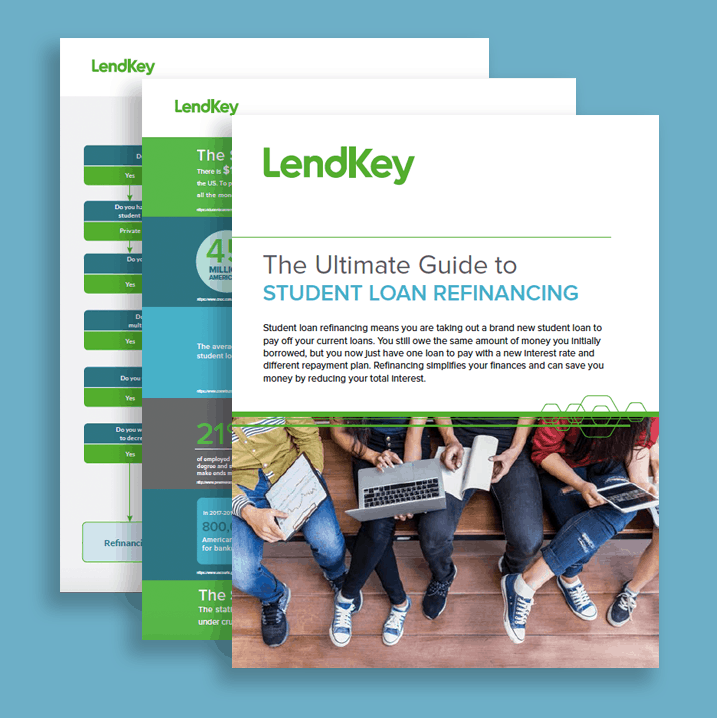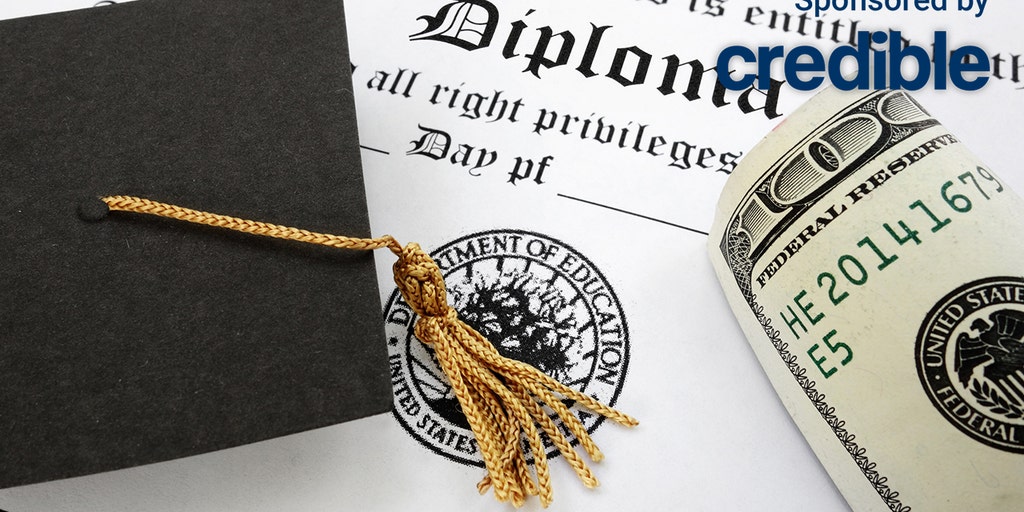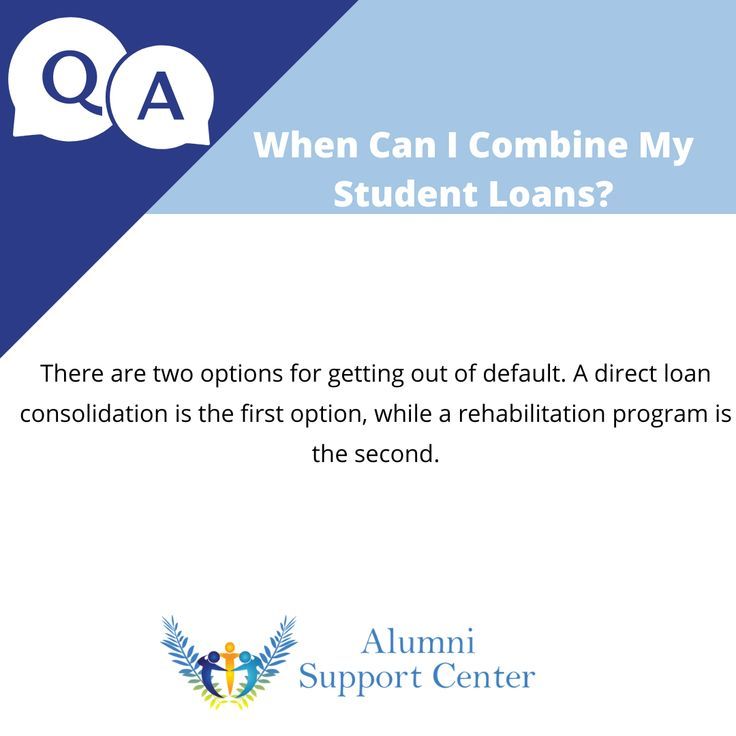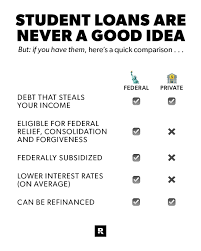
If you’ve already consolidated your federal student loans and are facing a difficult repayment situation, it might be time to consider consolidating your private loans. Federal loan consolidation can help you avoid defaults and open up new options for repayment. Whether you’ve been late on payments for years or are in default on federal loans, there are many reasons to consolidate your student loans. Learn about these options to make the decision that’s best for you.
Refinancing federal student loans
Refinancing federal student loans can have several benefits for borrowers. Not only can it significantly reduce your monthly payment, but you may also be able to get a shorter repayment term. In some cases, refinancing may even qualify you for an income-driven repayment plan, which reduces your monthly payment by a percentage. This option is generally not available for loans taken out by students who are in low-paying fields or whose income fluctuates frequently.
There are a few things to consider before you begin the process of refinancing federal student loans. Obviously, you’ll want to keep your credit score as high as possible. While refinancing federal student loans without compromising income-driven repayment plans can be a good idea, the process is not for everyone. To get the best rate, you’ll need a credit score of 650 or higher. Those with less than perfect credit may need a cosigner to apply. Also, remember to apply to several lenders to maximize your chances of being approved and getting the lowest interest rate.
Refinancing private student loans
Refinancing private student loans is a good idea if you’ve been paying too much in interest. A new interest rate may be available, but this can offset valuable benefits you received from the original lender. Also, consider whether you’d be better off renegotiating your loan term and interest rate with a new lender. You may also want to compare the terms and benefits of popular forbearance programs with a new lender.
One of the benefits of refinancing a private student loan is that you can lock in a lower interest rate, adjust your monthly payment, and improve your credit score. It is a good idea to refinance your loan before you apply for a mortgage so you have some time to improve your credit score. It also doesn’t cost much to refinance, and there are no closing costs involved. However, you should make sure you understand your credit score before refinancing your private student loans. Having a decent credit score is the best way to qualify for the best rates.
Federal loan consolidation
Federal student loan consolidation is the process of consolidating all your loans into one. This option allows you to pay off all your loans at once and avoid paying interest on multiple loans. Using the Department of Education Loan Simulator can help you compare various consolidation options. You can also check out annual percentage rates (APRs) and see which one offers the lowest interest rate. Lower APRs are generally better for consolidating your loans. And once you graduate, you won’t have to worry about paying high monthly fees as you are able to pay off your debts.
In addition to lowering your monthly payments, federal student loan consolidation can help you qualify for income-driven repayment or public service loan forgiveness. And because it replaces multiple loans with one loan, it can reduce your total payments. In general, federal student loan consolidation is available to students who graduate, leave school, or drop below half-time enrollment. Consolidating federal loans with the Department of Education is free and simple. Beware of companies that charge for the process.



